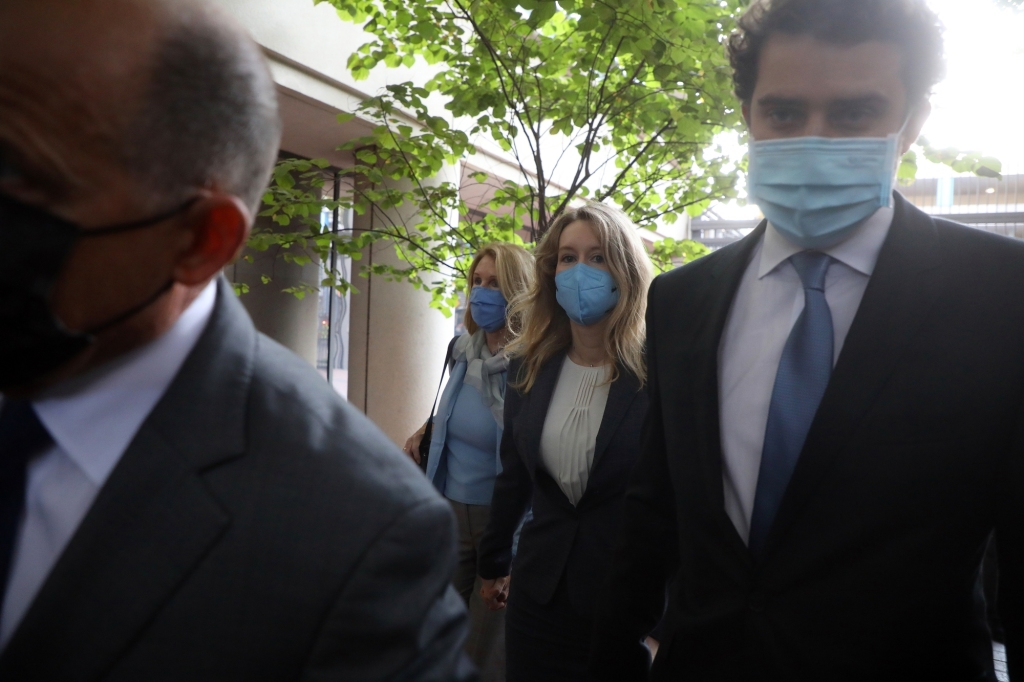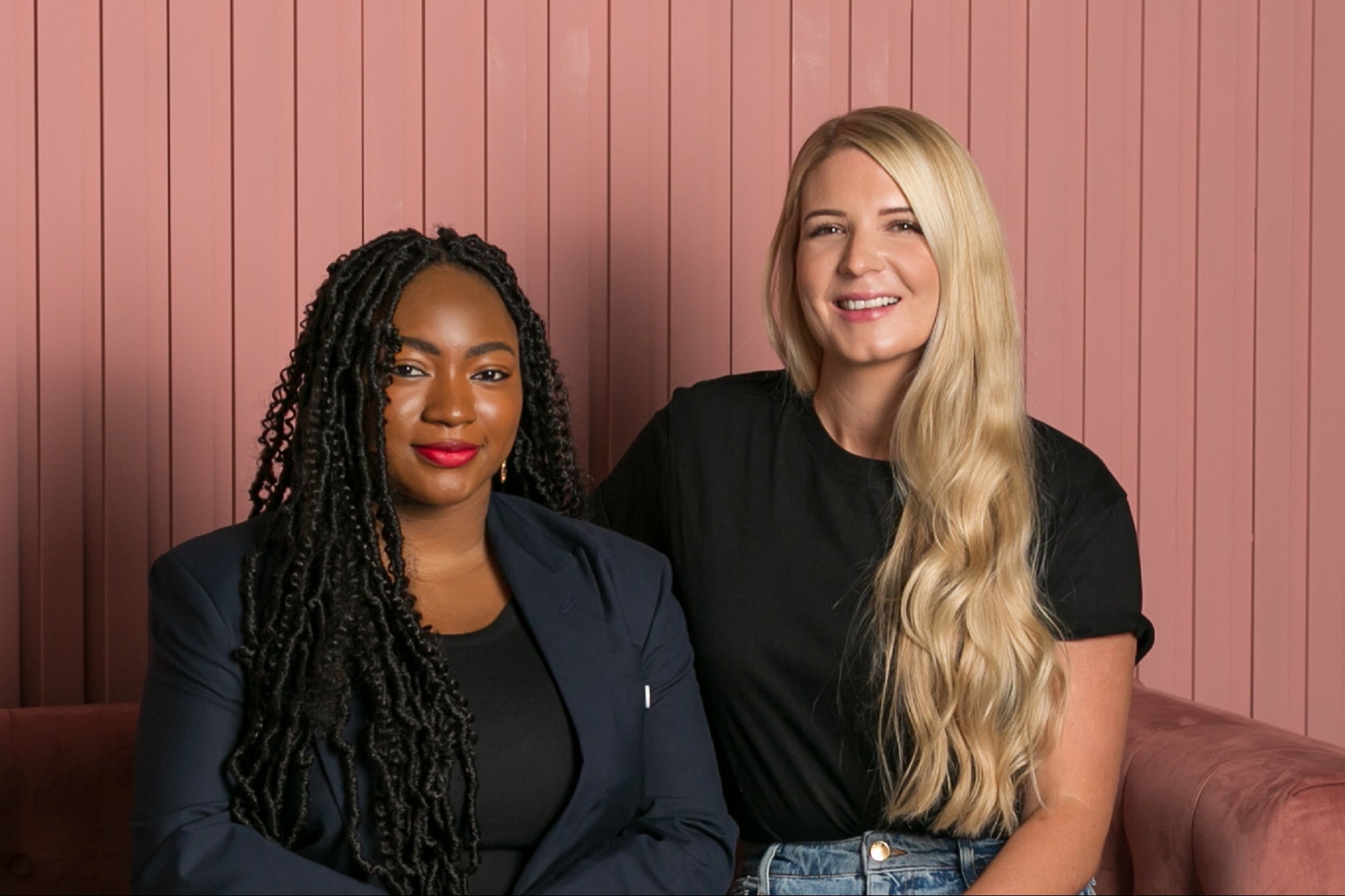Brittany Gould received a goody-bag for new mothers when she went into a clinic to confirm she was pregnant, then minutes later received a Theranos blood test result that wrongly indicated she was miscarrying, Gould testified Tuesday at the criminal fraud trial of Theranos founder Elizabeth Holmes.
Gould was the first of 11 patients the prosecution has said it plans to call to testify at Holmes’ trial on a dozen felony counts.
Gould, of Arizona, was 24 when a home pregnancy test showed a positive result and she went to Walgreens for a Theranos test to measure a hormone that allows medical professionals to confirm and monitor pregnancies, she testified. Gould, a medical assistant, said she had seen a presentation at her own clinic by a Theranos representative,and was impressed with what she saw as the low cost and convenience of the Palo Alto startup’s finger-stick blood testing. Having a high insurance deductible and seeking to keep her costs down, she chose Theranos for her own HCG hormone test in late 2014, she told jurors in U.S. District Court in San Jose.
Holmes, a Stanford University dropout who founded the Palo Alto blood-testing startup in 2003 at age 19, is charged with allegedly bilking investors out of hundreds of millions of dollars, and defrauding doctors and patients with false claims that the company’s machines could conduct a full range of tests using just a few drops of blood. She and her co-accused, former company president Sunny Balwani, have denied the allegations.
Gould had already miscarried three times when her at-home test showed she was pregnant, jurors were told. She testified that her Theranos results came in when she was meeting with her nurse practitioner at another clinic where Gould was not employed. They showed that her HCG levels were falling dramatically, an indication that she was miscarrying, she testified. She and the nurse practitioner discussed terminating the pregnancy, and also that she needed follow-up tests, she testified.
Prosecutor John Bostic showed the jury a series of five test results that Gould received. The first came from laboratory giant Quest, the next two from Theranos, and the last two from Quest. Although the Quest results indicated a healthy pregnancy, the second Theranos result showed a huge drop in HCG levels from the first Theranos test, her nurse practitioner, Audra Zachman, testified earlier Tuesday. “I remember communicating to Brittany that it was looking as though this was a non-viable pregnancy, which would make it her fourth loss,” Zachman told the jury.
When Zachman complained to Theranos about the results, the company blamed a human data-entry error and sent an “odd” corrected result that moved a decimal point but still raised concerns about Gould’s pregnancy, Zachman testified. Jurors saw a letter from Theranos, signed by Holmes’ brother and Theranos employee Christian Holmes, apologizing for the original inaccuracy, saying “these errors are extremely rare.”
Two final Quest tests showed normal results, Zachman testified, and Gould gave birth to a healthy girl.
Under cross-examination, Zachman acknowledged that her clinic subsequently accepted Theranos’ offer to collaborate on a 2015 research study. Holmes lawyer Katie Trefz asked Zachman if she remembered that after the study, her clinic began referring patients for Theranos tests, but Zachman said she herself didn’t refer anyone. Trefz asked if Zachman knew that her clinic had received results from nearly 20,000 Theranos test orders from September 2014 to October 2016, and Zachman said no.
Trefz noted that Zachman, at the prosecution’s request, had reviewed data from her clinic to identify any Theranos test results she believed may have been inaccurate and made a difference in patient treatment. “You told the government that the review didn’t come up with much,” Trefz said. Zachman agreed. To Trefz’s assertion that, “It was only Miss Gould,” Zachman said some of the results she reviewed may have been “a little bit” off.
Holmes faces maximum penalties of 20 years in prison and a $2.75 million fine if convicted, plus possible restitution, the Department of Justice has said.










